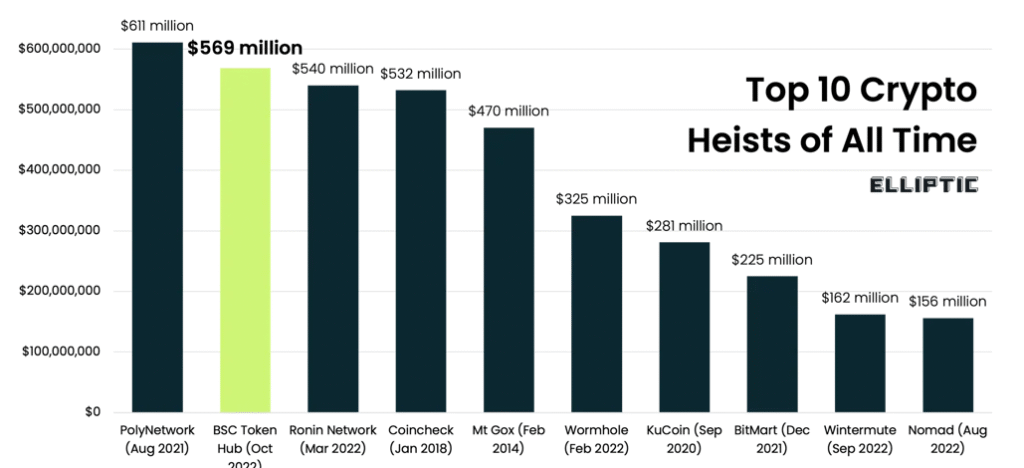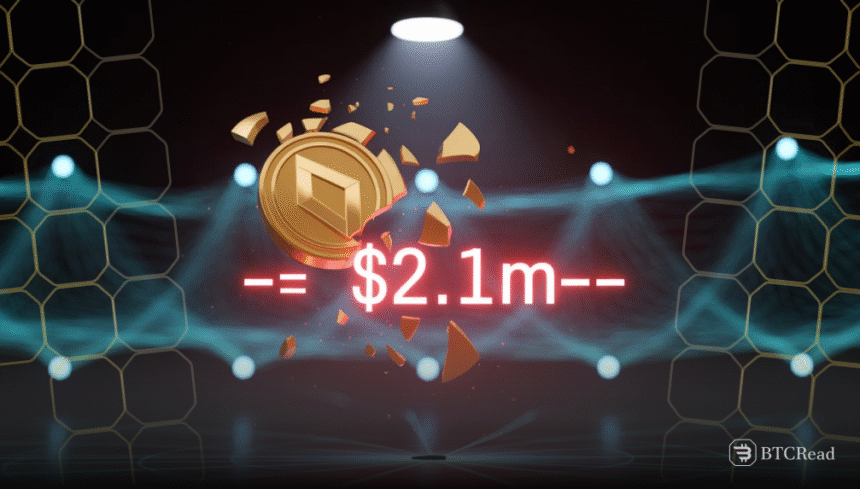On May 11, 2025, a major exploit hit the Mobius Token ($MBU) ecosystem on the BNB Chain and stole $2.15 million. According to Cyvers Alerts, at 07:31:38 UTC, the attacker enabled a malicious smart contract, followed by the raid in just two minutes. The attacker then accessed the 0xb5252f… wallet and transferred 28.5 million MBU tokens. Within seconds, the stolen MBU tokens were exchanged for stablecoins, mostly USDT, through the contract 0x631adf…
Exploit details and systemic weaknesses
Though the specific flaw has not been specified, the fact that it happened so rapidly and well-coordinatedly implies a well-planned operation. The attacker’s contract revealed odd activities and abnormal transaction tendencies. Cyvers detected increased communications to unconnected addresses, indicating that the attackers used bots or automation for more chaos.
Mobius Token, a DeFi tool for moving assets, quickly became part of compromised projects on the BNB Chain. Moreover, this event reveals outstanding problems regarding the development of smart contracts and the insistent need for security checks. Deceptive financial platforms run thousands of risky or poorly secured contracts, exposing millions of users’ funds to theft.
This is similar to the BNB Chain bridge exploit in October 2022, in which hackers minted $569 million worth of BNB.

Fallout and path forward
Although immediate financial losses exceed $2 million, the impact on trust can be more permanent. Once again, the public is questioning the security reliability of both Mobius and BNB Chain. As of this writing, Mobius has not yet issued an official statement.
This incident adds to an alarming trend. In April 2025, PeckShield discovered a shocking $360M theft from 18 offenses, a massive increase from March’s $33 M.
Specialists advise taking more effective security measures, such as extensive auditing, multi-signature wallets, enforceable time locks, and clear incident reporting. Formal verification and consistent community interaction are essential, which will help rebuild trust and reduce vulnerability in the future.







